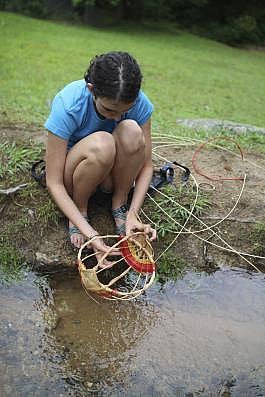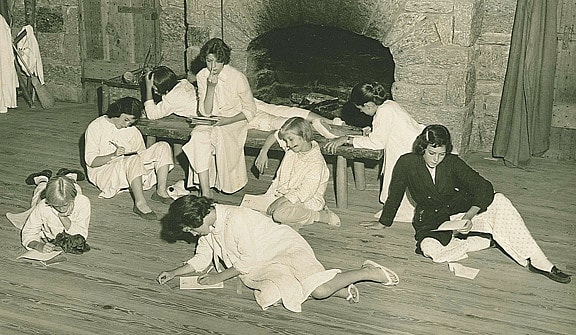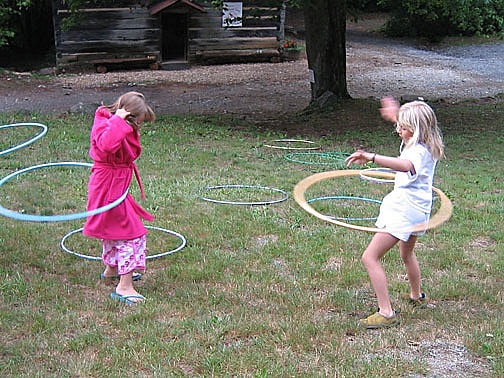I am constantly amazed by the intellect, creativity, and sheer drive to achieve shown by Rockbrook girls. They all love to talk to us about their after-school activities—the sports they play, the clubs they join, the books they read, and the milestones they accomplish. We have champion runners, volleyball players, and speech-and-debaters; members of volunteer organizations, bands, and church youth groups; aspiring fashion designers, architects, and actresses.
This astounding variety of talents in our campers is part of what makes our camp such a fascinating place to be. In any given conversation, you never know what viewpoints and past experiences you will be faced with. It offers all of us here the chance to learn from everyone else around us.
Despite the pride with which campers display their talents and discuss their achievements, though, I get the sense that one of the primary joys of camp is that this is a place where they get to throw away their after-school schedule for a few weeks. Though we offer runners the chance to run (in the Marathon Club), swimmers the chance to swim (in the Mermaid Club), and artists the chance to create in a multitude of classes, we make it our goal to strip away the competition and the pressure to achieve that can so often be found in schools and sports teams.
Parents often express surprise when their camper, who is perhaps constantly taking part in theater at home, opts not to do the play, or when a track star chooses to join up with Rockbrook Readers during free swim rather than Rockbrook Runners.
When I ask such girls why they put aside their hobbies at camp, their answers are remarkably similar. They maintain that they still love their extracurriculars, and look forward to restarting their practices after camp—but they also seem to relish the peace and quiet of camp. They enjoy the chance to craft their own schedules, then wipe the slate clean after three days, and make a new one. They delight in making a bowl in pottery, simply for the sake of making a bowl, not so that they can add another skill to their college resumes.
More than anything, though, they enjoy the hours of free time we give them each day—the hours when they can simply lie in the sunshine on the hill, float in an inner tube in the lake, or chat with their friends. They need these few weeks of moving slowly, these days of quiet, these moments of easy living, to recharge for the pace and constant excitement of the outside world. They need to escape the pressures of their commitments, just for a little while, so that, when they return, they can face their lives with a fresh vigor, and return to us next year with a new slate of accomplishments under their belts.







